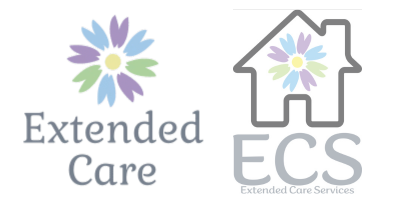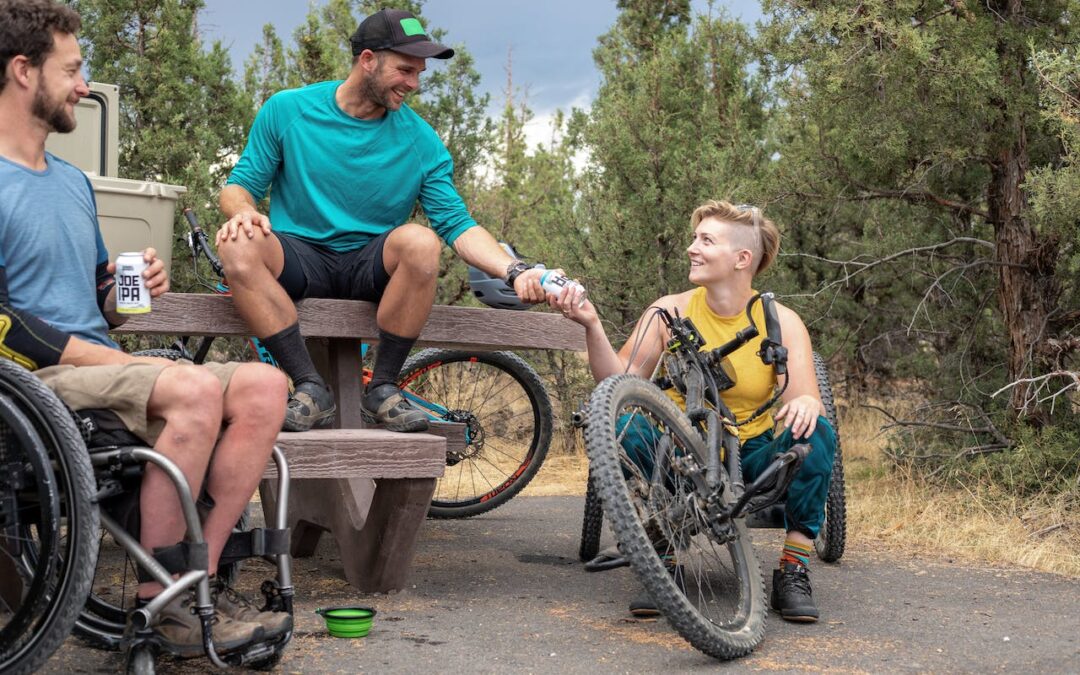Engaging in a variety of community-based activities is an essential part of personal growth and development for every individual, especially for adults with disabilities. Participating in stimulating experiences crucially impacts lives, develops new skills, and creates meaningful connections with others. Extended Care, an established Program Approved Service Agency (PASA), firmly believes in the importance of offering adults with disabilities access to enriching activities, experiences, and a sense of belonging to their community. Providing opportunities for community integration and active participation enables individuals to develop both confidence and independence.
In this post, we will explore the wide range of community-based activities accessible to adults with disabilities, highlighting how such experiences can transform their lives for the better. Some of these activities include visiting zoos, aquariums, and museums; engaging in recreational events such as swimming, bowling, and dancing; and attending skill-building classes tailored to individual interests, like pottery classes. We will demonstrate how these activities facilitate personal growth, support independence, and foster a sense of connection with the community.
We will discuss how Extended Care promotes accessibility and inclusivity by ensuring clients can access Non-Medical Transportation services, as well as the use of public transit systems like buses and trains, fostering self-reliance and familiarity with navigating the community.
By delving into the world of community-based activities, we aim to emphasize the significance of engaging, accessible, and enjoyable experiences for adults with disabilities and offer valuable insights into creating an enriched, all-inclusive community experience that caters to individual needs and preferences.
Navigating Community-Based Activities: Discovering Inclusive Experiences
Finding suitable and inclusive community-based activities for adults with disabilities requires research, collaboration, and a commitment to accessibility. To help adults with disabilities participate fully in their communities, caregivers, family members, and PASA agencies must work together to identify experiences that align with individual needs and preferences. Some recommendations for discovering accessible and engaging activities include the following:
1. Consult with local organizations: Reach out to community centers, recreational departments, and cultural institutions for information on accessible and adaptive programs and events.
2. Explore online resources: Use dedicated websites, social media platforms, and local forums to discover inclusive activities, events, and experiences available in the community.
3. Network with others: Connect with other families, support groups, and organizations that can share their experiences, recommendations, and insights on activities suitable for adults with disabilities.
4. Collaborate with PASA agencies: Work closely with Program Approved Service Agencies like Extended Care to create tailored community activity plans, ensuring an engaging, supportive, and accessible environment.
Social Interaction and Personal Growth: Expanding Horizons
Participating in community-based activities allows adults with disabilities to expand their horizons by experiencing new things, making new connections, and building self-confidence. By engaging in a variety of activities, individuals can both challenge themselves and experience personal growth in numerous ways, such as the following:
1. Developing social skills: Interacting with others in the community allows adults with disabilities to develop crucial social skills, such as effective communication, active listening, and conflict resolution.
2. Fostering mental well-being: Engaging in stimulating activities can significantly improve mental health, providing opportunities to manage stress, support emotional regulation, and enhance overall resilience.
3. Promoting a sense of achievement: Participating in activities that align with individual interests and goals can foster a sense of accomplishment, bolstering self-esteem and encouraging further personal growth.
4. Emphasizing the importance of leisure: Engaging in enjoyable activities helps emphasize the importance of work-life balance and prioritizing self-care to lead a fulfilling life.
Promoting Accessibility and Inclusivity: Building Welcoming Communities
The success of community-based activities often hinges on designing accessible and inclusive environments that accommodate the unique needs of individuals with disabilities. By offering tailored experiences and resources, communities can create opportunities for every resident to thrive. Key considerations for promoting accessibility and inclusivity include the following:
1. Physical adaptations: Addressing barriers to mobility by providing ramps, signage, and accessible seating to increase accessibility for all participants.
2. Sensory accommodations: Implementing sensory-friendly options, such as quiet spaces, noise-reducing headphones, and modified lighting, to create experiences that cater to diverse sensory needs.
3. Staff training: Ensuring event organizers and staff are knowledgeable about disability awareness and effective communication strategies and are equipped to meet the needs of individuals with disabilities.
4. Communication adaptations: Providing alternate communication methods, such as visual aids, sign language interpreters, or social stories, to support understanding and engagement for all attendees.
Partnering with PASA Agencies for Customized Experiences: Personalized Support and Guidance
PASA agencies like Extended Care play a vital role in helping adults with disabilities access customized and engaging community experiences. By offering personalized support and guidance, these agencies can ensure individuals receive the appropriate accommodations and resources, enabling them to participate fully in their communities. The benefits of partnering with PASA agencies include the following:
1. Expertise: PASA agencies possess specialized knowledge about the unique needs and preferences of adults with disabilities, enabling them to tailor community experiences for optimal engagement and enjoyment.
2. Coordination of services: Through comprehensive service planning, PASA agencies can help coordinate a range of activities, Non-Medical Transportation, and support services necessary for seamless community integration.
3. Advocacy and assistance: Partnering with a PASA agency ensures that individuals’ rights and needs are consistently represented, facilitating optimal access to community opportunities.
4. Ongoing support: PASA agencies offer continued support in fostering independence and skill-building, empowering adults with disabilities to navigate their communities confidently.
Conclusion
Community-based activities play a significant role in shaping the lives of adults with disabilities, offering opportunities for personal growth, social interaction, and a deeper sense of connection to the community. By focusing on inclusivity, accessibility, and individual needs, caregivers, PASA agencies, and communities can work together to ensure that every adult with a disability has the chance to engage in transformative experiences.
Partnering with Extended Care can provide personalized guidance and support in navigating community-based activities, empowering adults with disabilities to embrace their full potential and confidently participate in the world around them. We offer a wide range of services, including pre-vocational services, supported community connections, and non-medical transportation. Contact us today to learn more about our Extended Care services!

